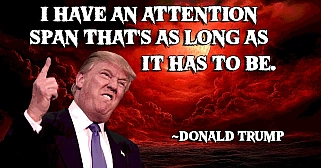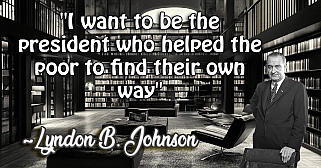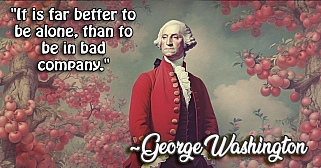John F. Kennedy: The Life and Leadership of America's 35th President
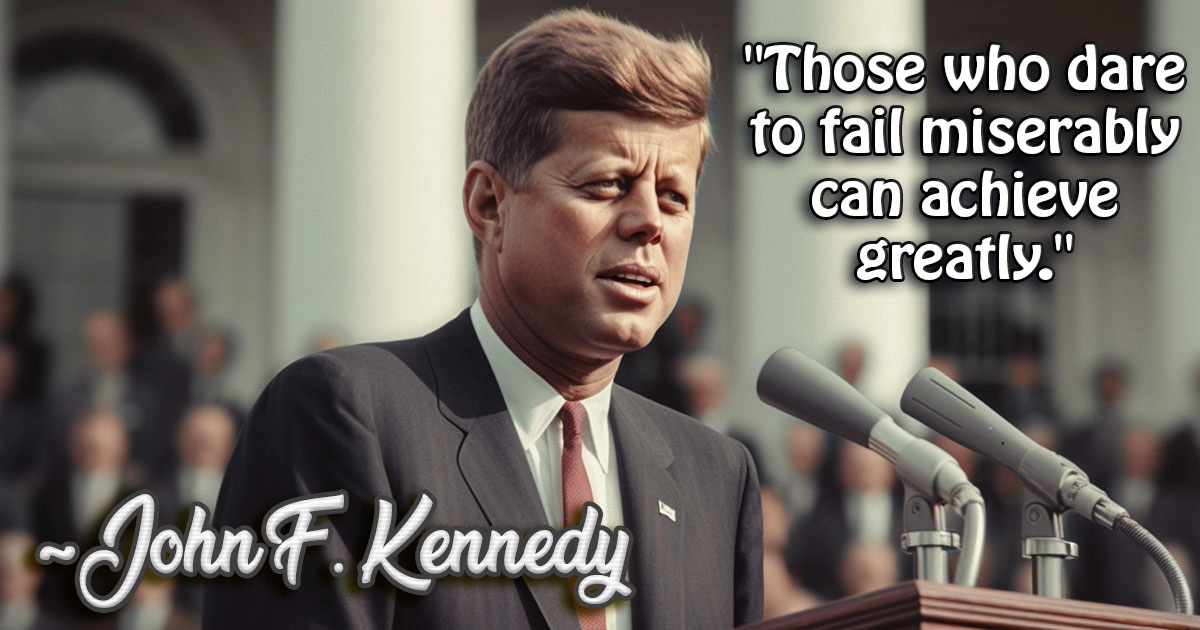
John F. Kennedy
Early Life and Education
John Fitzgerald Kennedy was born on May 29, 1917, in Brookline, Massachusetts, into a life of privilege. The second of nine children, John, known as "Jack," was part of the prominent Kennedy family, led by his father, Joseph P. Kennedy Sr., a wealthy businessman and influential political figure. The Kennedy family was deeply rooted in the American political and social elite, with high expectations placed on each of the children.
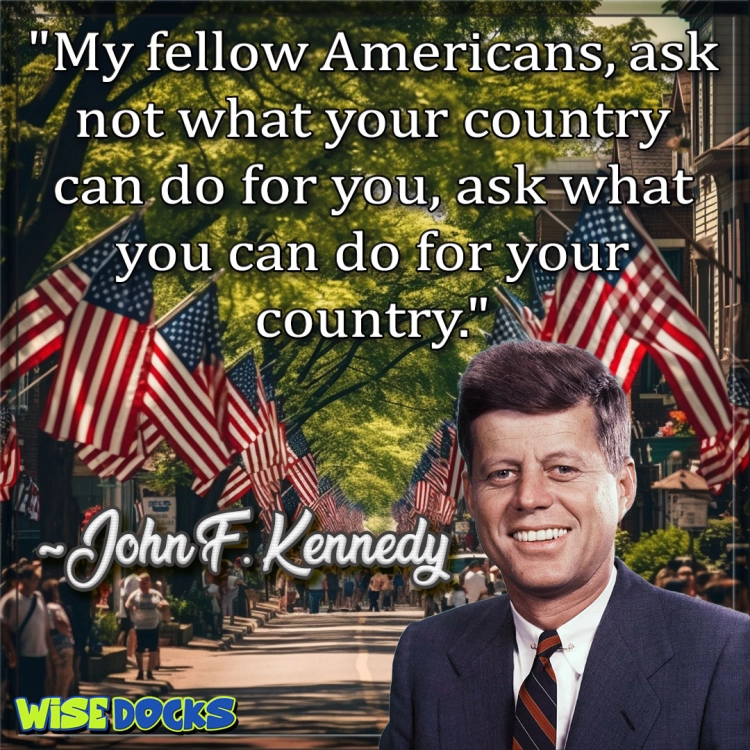
Despite the privileges of his upbringing, John’s early life was fraught with health challenges. He suffered from numerous illnesses, including scarlet fever, which kept him in and out of hospitals throughout his childhood. These experiences instilled in him a resilience and determination that would define his character.
John attended some of the best schools in the country, including Choate, a prestigious boarding school in Connecticut, where he was known for his charm and wit but not necessarily for his academic achievements. It wasn’t until he attended Harvard University that John began to take a serious interest in academics, particularly in history and politics. His senior thesis, which explored Britain's unpreparedness for World War II, was later published as a book titled "Why England Slept," earning him early recognition as a thoughtful and articulate writer.
World War II and the Path to Politics
After graduating from Harvard in 1940, John briefly attended Stanford University before enlisting in the U.S. Navy in 1941, following the attack on Pearl Harbor. His time in the Navy would prove to be a formative experience. He served as the commanding officer of PT-109, a patrol torpedo boat in the South Pacific. In 1943, his boat was rammed by a Japanese destroyer, and John’s leadership in saving his crew made him a war hero. Despite suffering from severe injuries, he demonstrated extraordinary courage, swimming miles to rescue his men and leading them to safety.
John’s wartime heroism bolstered his public image, making him a natural candidate for political office. Encouraged by his father, who had long harbored ambitions of political success for his sons, John decided to run for Congress in 1946. He won the seat representing Massachusetts’s 11th congressional district, beginning a political career that would quickly rise to national prominence.
The Road to the White House
In 1952, after serving three terms in the House of Representatives, John set his sights on the U.S. Senate. He ran against the popular incumbent, Henry Cabot Lodge Jr., and won in a closely contested race. His victory solidified his position as one of the rising stars in the Democratic Party. During his time in the Senate, John focused on issues such as labor reform, civil rights, and foreign policy. He also published his second book, "Profiles in Courage," which won the Pulitzer Prize in 1957 and further enhanced his national reputation.
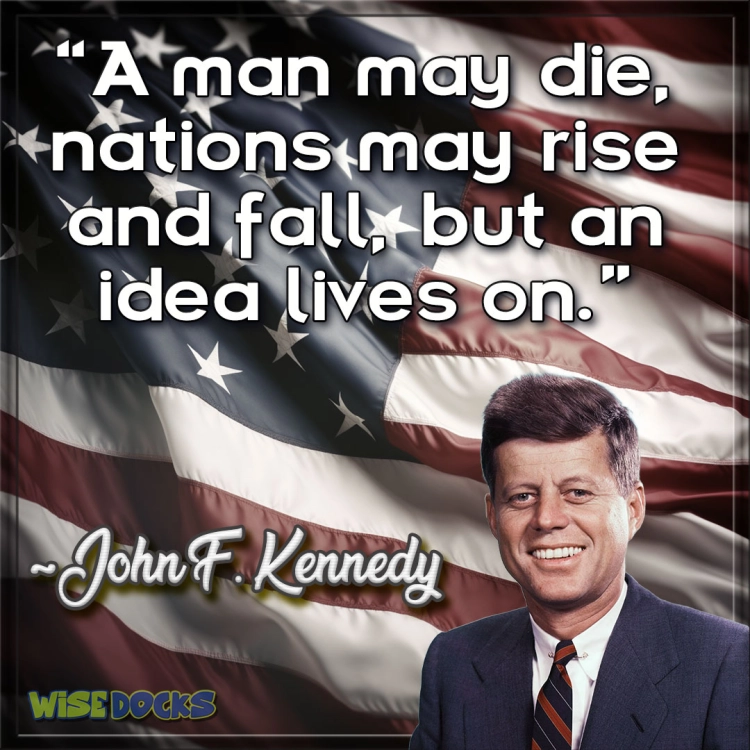
As the 1960 presidential election approached, John decided to run for the Democratic nomination. His campaign was groundbreaking, marked by a strong focus on youth, energy, and optimism. He emphasized a new vision for America, one that would embrace change and progress. His Catholic faith became a point of controversy during the campaign, but John addressed it head-on, assuring voters that his religious beliefs would not dictate his decisions as president.
John’s charm, eloquence, and telegenic presence were key assets in his campaign. The first televised presidential debates in U.S. history between John and his Republican opponent, Vice President Richard Nixon, were a turning point. John’s calm and confident demeanor contrasted sharply with Nixon’s more haggard appearance, swaying public opinion in his favor.
On November 8, 1960, John F. Kennedy was elected the 35th President of the United States by a narrow margin, becoming the youngest man ever elected to the office at the age of 43.
The Kennedy Presidency
John’s presidency began with a message of hope and a call to action. In his inaugural address, he famously urged Americans to "ask not what your country can do for you—ask what you can do for your country." His administration, known as "Camelot," was characterized by a sense of youth, vigor, and idealism.
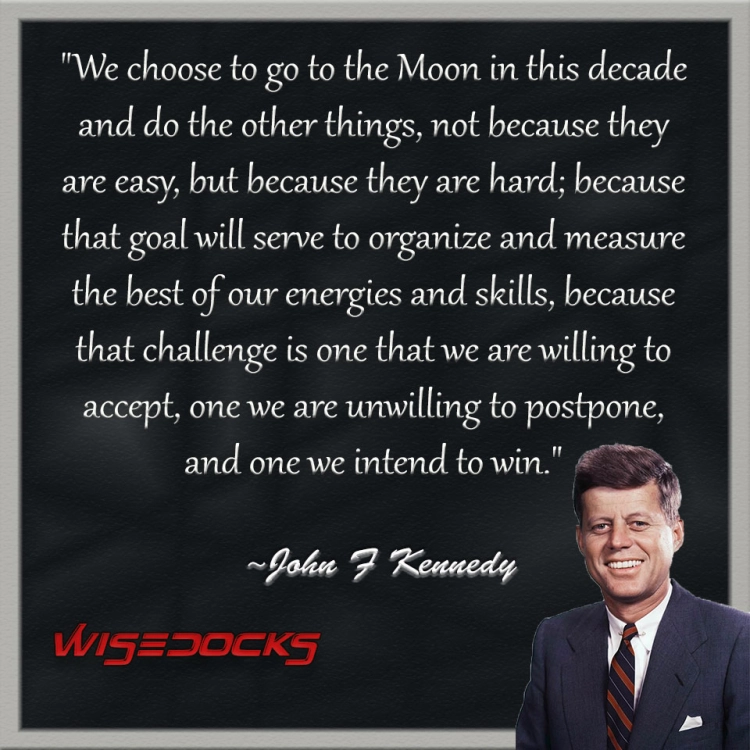
One of the early challenges of John’s presidency was the failed Bay of Pigs invasion in April 1961, an unsuccessful attempt to overthrow the Cuban government led by Fidel Castro. The operation, planned by the CIA during the previous administration, ended in disaster, with many of the invading forces captured or killed. John took full responsibility for the failure, which damaged his credibility but also demonstrated his willingness to take accountability.
Despite this setback, John navigated the United States through one of the most perilous moments of the Cold War: the Cuban Missile Crisis. In October 1962, American reconnaissance planes discovered Soviet nuclear missiles in Cuba, just 90 miles from the U.S. coastline. For 13 tense days, the world stood on the brink of nuclear war as John and his advisors negotiated with Soviet Premier Nikita Khrushchev. John’s careful diplomacy and firm stance led to the peaceful removal of the missiles, averting a potential catastrophe.
John also made significant strides in domestic policy, particularly in the area of civil rights. Although initially cautious in his approach, he became more vocal in his support for racial equality, calling for comprehensive civil rights legislation in 1963. His efforts laid the groundwork for the Civil Rights Act, which would be passed after his death.
In addition to civil rights, John championed initiatives like the Peace Corps, which aimed to promote peace and friendship between the United States and other nations through volunteer work. He also set the ambitious goal of landing an American on the moon by the end of the decade, a vision that would be realized in 1969 with the Apollo 11 mission.
The Tragic Assassination
John’s presidency, filled with promise and progress, was tragically cut short on November 22, 1963. While visiting Dallas, Texas, as part of a campaign tour to bolster support for the upcoming 1964 election, John was assassinated. As his motorcade traveled through Dealey Plaza, shots rang out, and John was struck by two bullets. He was rushed to Parkland Memorial Hospital, but doctors were unable to save him. At just 46 years old, John F. Kennedy was dead.
The nation and the world were stunned by the news of John’s assassination. The image of First Lady Jacqueline Kennedy, in her bloodstained pink suit, standing by Lyndon B. Johnson as he took the oath of office aboard Air Force One, became one of the most iconic and heartbreaking moments in American history.
The circumstances surrounding John’s assassination have been the subject of intense speculation and investigation. Lee Harvey Oswald was arrested and charged with the murder, but he was shot and killed by nightclub owner Jack Ruby before he could stand trial. The Warren Commission, established to investigate the assassination, concluded that Oswald acted alone, but conspiracy theories have persisted for decades.
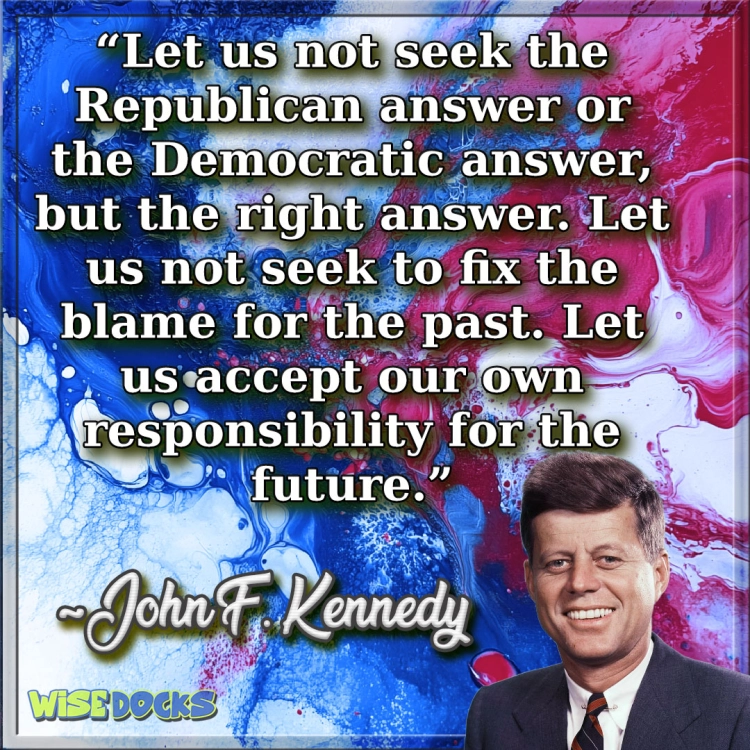
The Legacy of John F. Kennedy
Despite his short time in office, John F. Kennedy’s impact on American history is profound. His presidency marked a turning point in the 20th century, a time of renewed hope and idealism in the United States. John’s vision of a better, more just world inspired a generation, and his legacy continues to influence American politics and culture.
The Kennedy administration is often remembered for its style and sophistication, epitomized by the elegance of Jacqueline Kennedy and the intellectual vigor of the president’s advisors, known as "the best and the brightest." However, it was also an administration of substance, with lasting achievements in civil rights, space exploration, and international diplomacy.
John’s call for Americans to contribute to the greater good, exemplified by the Peace Corps and his commitment to public service, remains a guiding principle for many. His challenge to the nation to "ask what you can do for your country" continues to resonate, inspiring countless individuals to pursue careers in public service.
The enduring fascination with John F. Kennedy is also due in part to the "what might have been" aspect of his legacy. His untimely death left many questions unanswered and many goals unfulfilled, leaving him enshrined in the public imagination as a symbol of unfulfilled potential.
John F. Kennedy’s Influence on Future Generations
John F. Kennedy’s influence extends beyond his time in office. His vision for America’s role in the world, his dedication to civil rights, and his belief in the power of public service have left an indelible mark on future generations. Many of the initiatives he championed, from the space race to the fight for civil rights, have had lasting impacts on American society.
In the years following his death, John has been honored with numerous memorials and tributes. The John F. Kennedy Presidential Library and Museum in Boston stands as a testament to his life and legacy, preserving his memory and educating future generations about his contributions to the nation.
The Kennedy family’s continued involvement in public life, through figures like Robert F. Kennedy and Edward Kennedy, has also ensured that John’s legacy endures. The "Kennedy dynasty" has remained a powerful force in American politics, carrying forward the ideals that John championed during his presidency.
John F. Kennedy’s life was one of privilege, but also one of service and sacrifice. He navigated the United States through some of its most challenging moments, from the threat of nuclear war to the struggle for civil rights. His presidency was a time of hope and possibility, and although his time in office was tragically cut short, his legacy lives on.
John’s vision of a better, more just world continues to inspire, reminding us of the power of leadership and the enduring importance of public service. He remains one of the most iconic figures in American history, a symbol of the potential for greatness and the enduring quest for peace and justice.
